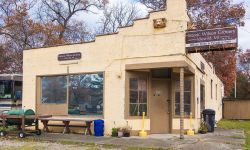As coronavirus bears down, Detroit enters a grim new phase
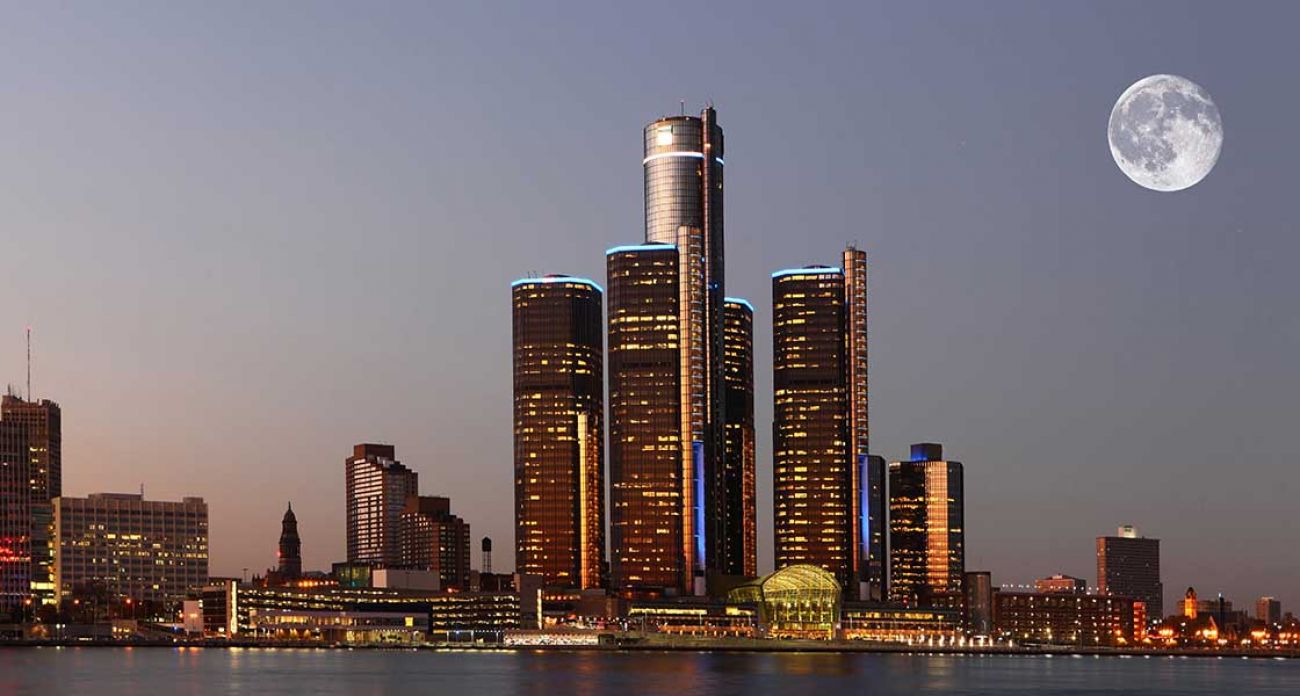
DETROIT—Grieving families plead with hospital staff to see the bodies of loved ones, to hold their hands, and say goodbye.
They cannot.
The bodies — still shedding the coronavirus — are so dangerous that they are double-bagged. The bags are wiped down with a bleach solution.
Even autopsies are suspended, said Dr. Teena Chopra, a professor of infectious diseases at Wayne State University who is also in charge of infection control for the Detroit Medical Center’s eight hospitals.
Across metro Detroit, the epicenter of the coronavirus in Michigan, the pandemic has entered a new and terrifying phase. On Monday, Detroit’s infection rate and death toll skyrocketed with 259 newly confirmed cases, pushing the city’s total past 1,800, with 52 deaths. Across the three metro counties of Wayne, Oakland and Macomb, there are more than 5,200 cases and 158 deaths.
- The latest: Michigan coronavirus map, locations, updated COVID-19 news
- What Michigan’s coronavirus stay-at-home order means for residents
- What jobs are exempt from Michigan coronavirus lockdown? You may be surprised.
Community leaders say it is becoming difficult to find a Detroiter who doesn't know someone who is infected with the virus. Detroit politicians and civic figures are listed among the sickened or dead. Even the city’s police chief is barking orders from the solitude of quarantine.
“It has become a fear that haunts us all,” said Linda Smith, executive director of the housing nonprofit U-SNAP-BAC on the city’s east side.
Monday was supposed to be opening day for the Detroit Tigers, an event that fills downtown Detroit with tens of thousands of fans and pumps millions into area businesses. Instead, the biggest crowd in the central business district consisted of dozens of FEMA and U.S. Army Corps of Engineers personnel preparing to transform the city’s largest convention hall into a 900-bed field hospital.
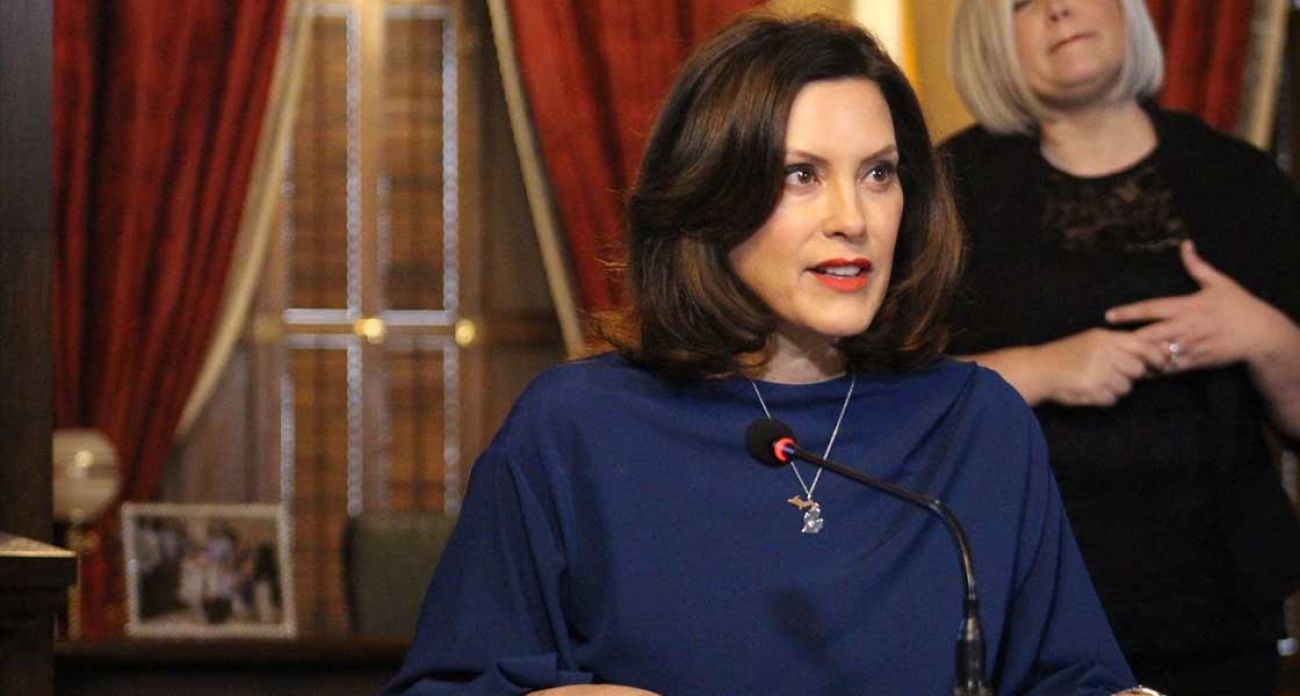
As it becomes increasingly clear sickness and death will overwhelm Michigan’s medical system, Gov. Gretchen Whitmer took to the airwaves Monday to plead with retired doctors and health care workers to re-enter the workforce. Grieving families are being kept away from patients who don’t survive, and hospitals are working with one another to develop guidelines for which patients should receive ventilators should they run out, and which patients may not.
“Current models suggest we are likely several weeks away from a peak in the number of cases,” Michigan Chief Medical Executive Joneigh Khaldun, sitting several feet to the left of the governor, said Monday.
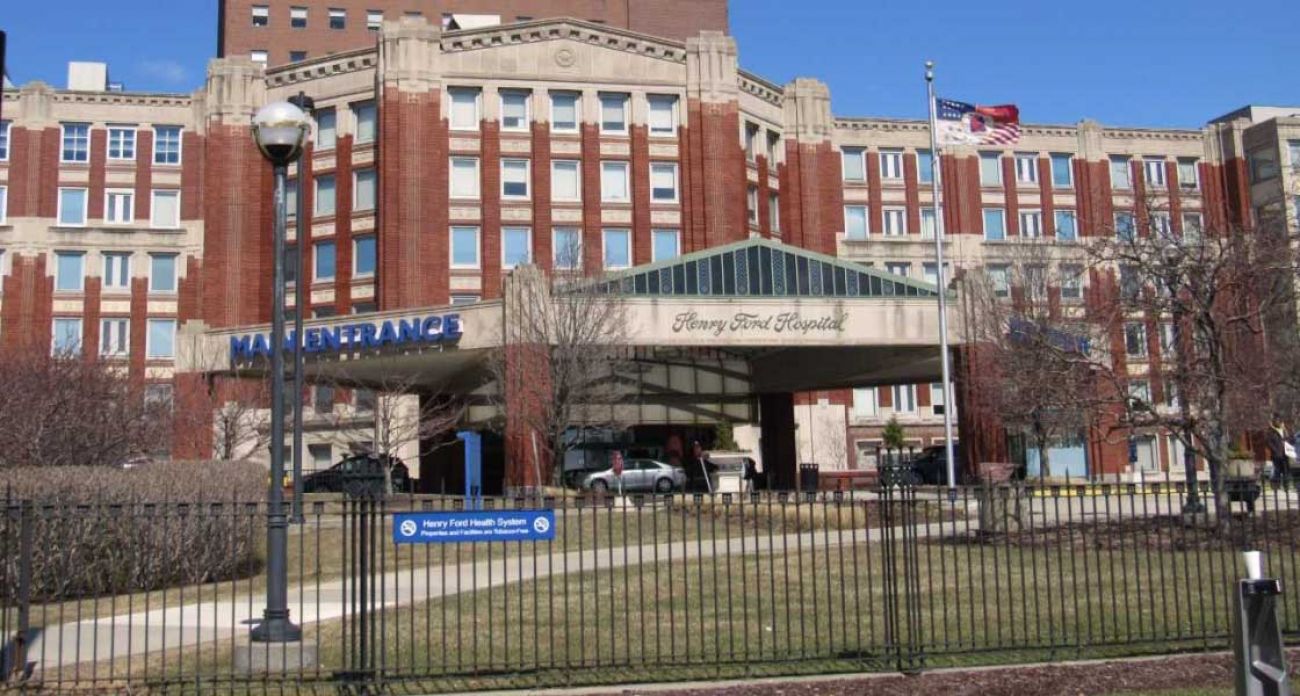
Preparing for the worst
A virus first detected in Michigan just three week ago is now spreading on an exponential curve. Confirmed cases have nearly quadrupled in the past week to 6,498, with 184 deaths.
But Detroit and its suburbs are bearing the brunt.
Dr. Anthony Fauci, director of the National Institute of Allergy and Infectious Diseases, warned Monday that the virus in Detroit could be about to “take off.”
As hospitals fill with COVID-19 patients, state officials are working with the U.S. Army Corps of Engineers to identify and equip field hospitals in anticipation that the state will need more beds. There are warnings that there aren’t enough medical personnel to care for patients who will be admitted in the coming weeks. There isn’t enough protective equipment to keep hospital workers safe. And there aren’t enough ventilators to support the people who are going to need them.
Michigan is “living day to day” in a quest for additional resources, Whitmer told CNN Monday morning, one in a slew of broadcast interviews the governor is giving.
Michigan has 1,700 ventilators but officials said it may need another 5,000 to 10,000. The state has roughly 313,000 specialized N95 masks with another 1 million potentially on the way after spending $80 million on medical supplies to supplement shipments from the Strategic National Stockpile. Still, hospitals are rationing masks and some workers hoard used ones in their lockers because they expect supplies to run out.
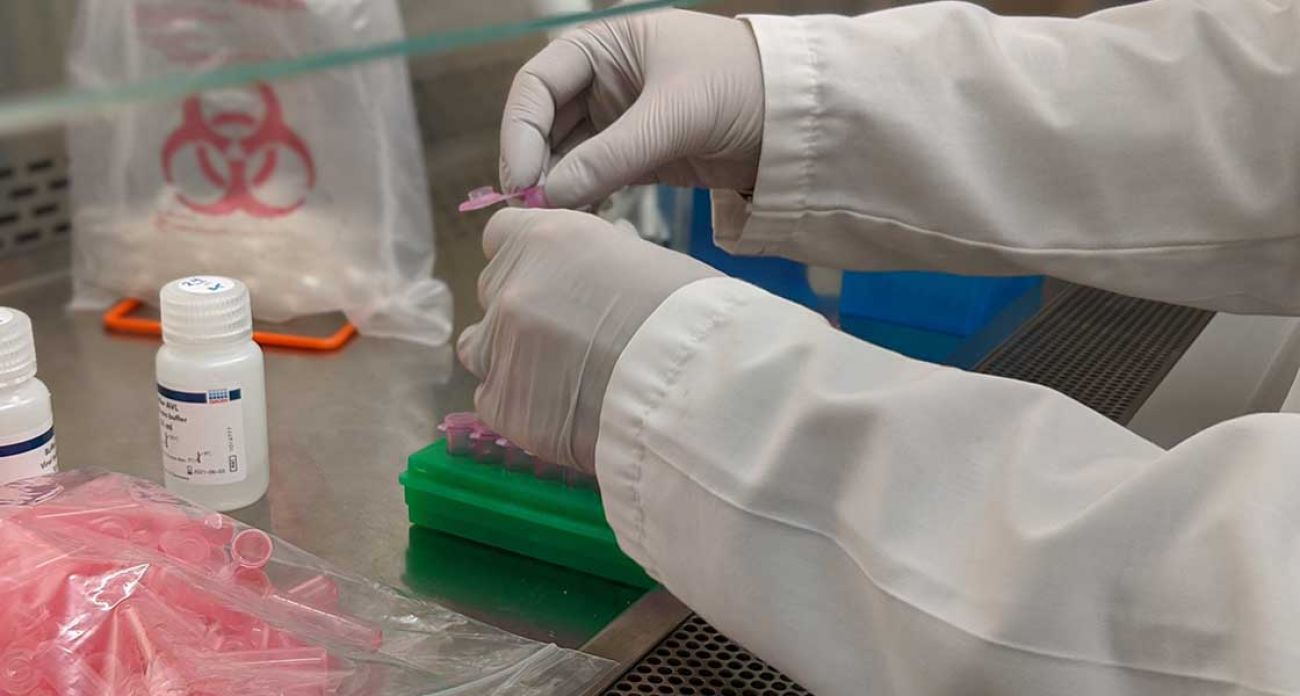
With staffing stretched thin, high school athletic trainers have been pressed into service at Henry Ford hospitals, helping mail prescriptions and screening patients for COVID-19. Even with this help, Khaldun, the state’s top doctor, said there is “no question” that Michigan does not have enough working medical personnel to meet the growing patient load.
Whitmer signed an executive order on Sunday loosening medical practice laws and begged medical students, retired physicians and others to enlist for duty.
“Please sign up now,” she said.
‘It’s like a war zone’
Beaumont Health, the state’s largest health system, was caring for at least 870 patients with confirmed COVID-19 infections by Monday afternoon. Another 211 patients in the hospitals were awaiting test results.
The Henry Ford Health System was caring for 540 COVID-19 patients throughout its network, including 257 at its Detroit campus.
Detroit Medical Center continues to refuse to publicly release its numbers.
“To say it is chaotic is conservative,” Chopra, the infectious disease expert, said of Detroit. “It is like a warzone.”
As of Monday, nearly 500 sworn officers and 100-plus civilians on Detroit’s police force, and more than 100 city firefighters, remained in quarantine after being exposed to COVID-19, said Mayor Mike Duggan. The mayor added that he believed many will soon return to duty after being tested.
Duggan announced large-scale efforts to protect police, firefighters and first responders from the virus and prevent wide-spread quarantines from causing staffing shortages. In the next two days, the city will attempt to test hundreds of them, as well as city bus drivers, for the coronavirus at the site of the former State Fairgrounds.
Detroit also will soon be among a few cities granted access to five testing machines and 5,000 fast-testing kits from Abbott Laboratories, which just got FDA approval for tests that can provide results in 15 minutes, Duggan said.
"This is a game-changer." Duggan said, in helping the city finally begin to get a step ahead of the outbreak.
Meanwhile, city residents are struggling to balance personal losses, preserving their own safety, and worrying about the pandemic’s long-term impact on their livelihoods and a regional economy. This is, after all, a city still recovering from the Great Recession and the city’s painful municipal bankruptcy in 2013.
“It’s a scary moment in the history of our city,” said Keith Williams, chair of Michigan Democratic Black Caucus and a longtime Detroit-area political leader. “It has taken over the imagination and the infrastructure of our community, and nobody was prepared for it.”
Duggan sounded some hopeful notes. Some new supplies were coming in, the field hospital was being constructed and, thanks to the state’s stay-at-home order, crime had gone down roughly 40 percent in the past week, he said.
Medical workers were also looking for positives among the grim numbers.
The physical and emotional toll of the pandemic have forged a tight camaraderie among hospital staff, said Dr. Felix M. Valbuena, a family doctor who made rounds at Henry Ford's downtown campus this past week.
The small task of "gowning up" for a patient is now an intricate process that requires a team to assist with taping the gown down the back and adjusting masks, goggles, and gloves. A stethoscope is handed over to someone to clean.
"We have stepped up, come together, even more than we are used to," he said.
Against the rising number of deaths, Valbuena keeps this in mind: He was able to send at least 10 patients home to recover this week, including some he said were "almost at life's end."
It's important to remember, he said, "there are people who recover."
RESOURCES:
- Michigan families can get food, cash, internet during coronavirus crisis
- How to give blood in Michigan during the coronavirus crisis
- 10 ways you can help Michigan hospital workers right now
- Michigan coronavirus Q&A: Reader questions answered
- How to apply for Michigan unemployment benefits amid coronavirus crisis
- How to get tested for coronavirus in Michigan
- The first line of defense against coronavirus: Try soap, not a mask
See what new members are saying about why they donated to Bridge Michigan:
- “In order for this information to be accurate and unbiased it must be underwritten by its readers, not by special interests.” - Larry S.
- “Not many other media sources report on the topics Bridge does.” - Susan B.
- “Your journalism is outstanding and rare these days.” - Mark S.
If you want to ensure the future of nonpartisan, nonprofit Michigan journalism, please become a member today. You, too, will be asked why you donated and maybe we'll feature your quote next time!



